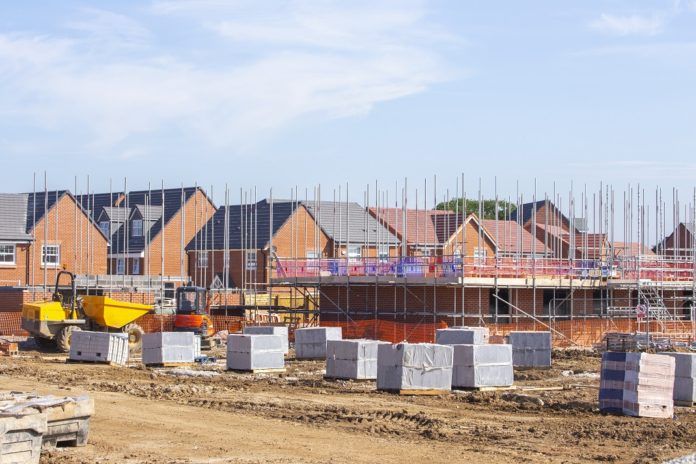The Conservative Party manifesto highlights some important steps to help boost house building in Britain, but fails to tackle the need for planning reform, says the Federation of Master Builders (FMB).
In the manifesto, the Conservatives have pledged to deliver 1.6 million homes in the next parliament.
The Party said this would be achieved by abolishing the legacy EU ‘nutrient neutrality’ rules, delivering homes on brownfield land in urban areas, raising density levels in London to those similar in European cities, unlocking new regeneration schemes, supporting local and smaller builders, renewing the affordable homes programme, and making sure local authorities use the Infrastructure Levy to deliver local facilities needed to support new homes in an area.
>>Conservatives pledge to create 100,000 more apprenticeships per year
Brian Berry, chief executive of the FMB, commented: “Britain is currently experiencing a housing crisis, and the Conservative Party manifesto launch was an opportunity to set out a plan to deliver real change over the next five-years. The pledge to support smaller local builders, by requiring councils to set land aside for them, will be welcomed by FMB members, as will proposals to lift Section 106 requirements for smaller sites. However, if the housing crisis is to be successfully tackled, reform of the planning system is urgently needed, something the Conservative Party has consistently failed to address.”
He continued: “The plan to build 1.6 million homes over the next five years, delivered through increased building on urban brownfield land, is positive, however it will remain insufficient to tackle the scale of the crisis the UK faces. The next government will need to go much further in delivering the homes that Britain needs. Earlier this year the FMB launched its own manifesto, Growth from the ground up, setting out a positive plan to boost the construction industry. The Conservative Manifesto was a missed opportunity to announce that they would launch a dedicated Housing Department in Whitehall, with a Secretary of State attending Cabinet, to ensure delivery is prioritised.”
Brian concluded: “The construction sector is a key pillar of the UK economy, and a thriving construction industry is essential to delivering sustainable long-term economic growth. The next government will also need to tackle the ongoing construction skills crisis; support the rollout of energy efficiency upgrades to existing homes; introduce a scheme to set a minimum competency level for builders; and provide wider business support to SME construction firms facing a difficult economic climate. Delivering on these areas will be vital in delivering a brighter future for our country.”




